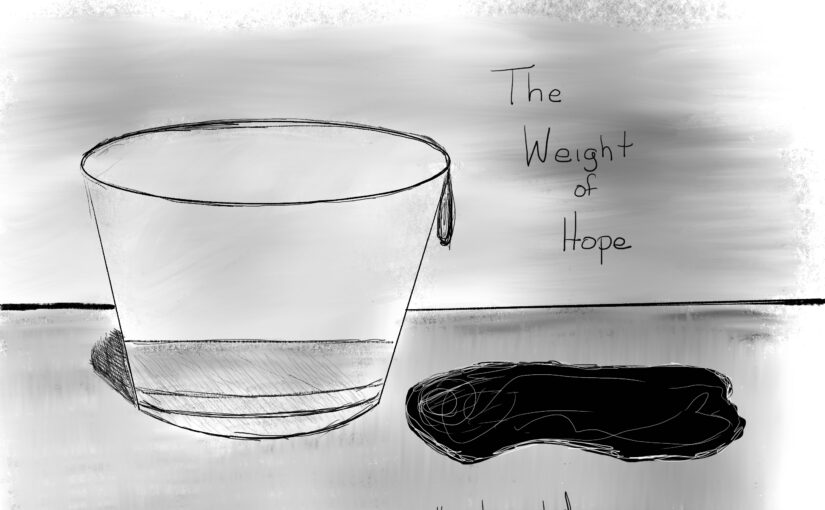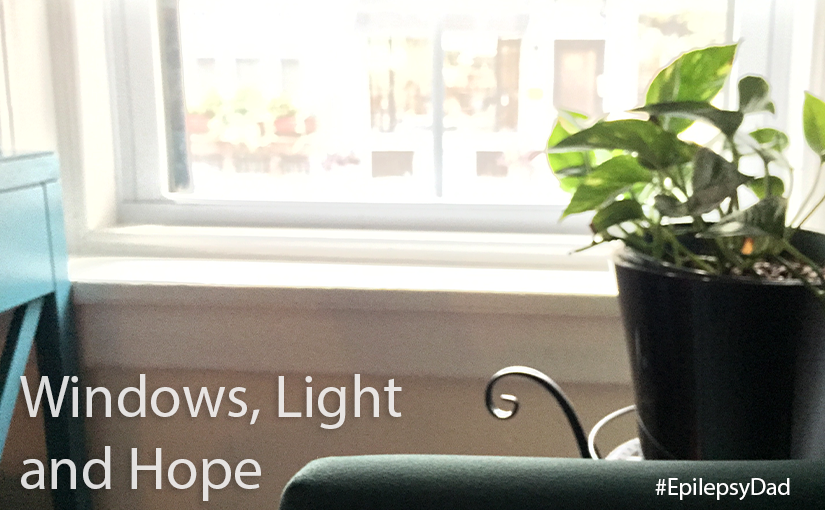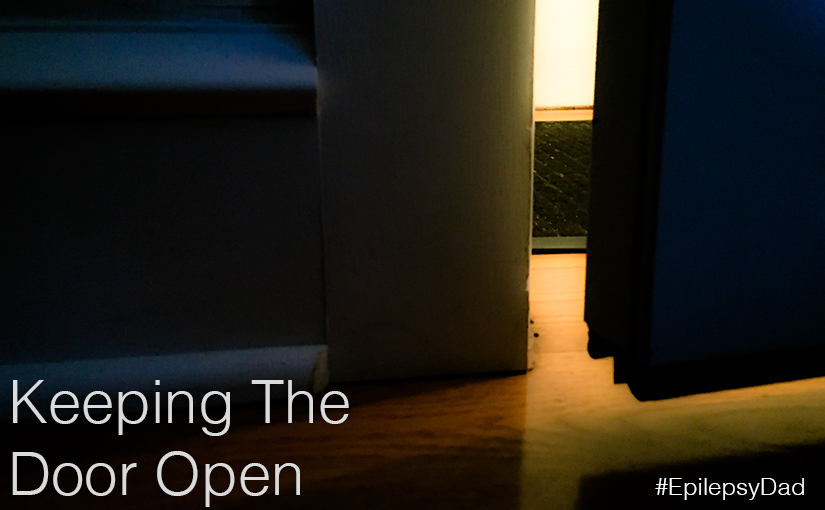I was having a conversation with my goddaughter who recently underwent surgery. The topic of hope came up, and how it was hard to have hope when there is a history of disappointment in the outcomes.
I have often felt the same way. It’s been difficult in the 10 years that we’ve been navigating our son’s epilepsy to always maintain a sense of hope. We’ve tried multiple medications, the ketogenic diet, and he’s had both VNS and DBS surgery. But with every medication, diet, and device, he continues to seize most days, in addition to the other challenges that he faces mentally, physically, and emotionally.
It made me think of the notion that “hope floats.” Hope bubbles up to the surface and can sit on the water, no matter how hard things get. It can be like a lifesaver, keeping the body afloat. But when the vessel is full, hope rises to the surface and floats away, falling over the edge into oblivion.
I’ve come to believe that hope is dense and heavy, and why carrying it can sometimes be exhausting. There were times—after another failed medication, after another seizure-filled night—when I wanted to let go of hope completely…to just set it down and go on without it.
But I learned that the people around me can carry some of that weight, and that is what I and the people around her who love her will do for you, I told her. We will carry hope, and we will fill your cup when you need it.
“But what if my cup is full of other things?” she asked.
I nodded in understanding. When hope is absent, other things will fill that cup. Fear, trauma, hopelessness, despair. It can feel like there is no room for anything else.
The good news about hope, I explained, is that it’s denser than whatever else might be in the cup. When we pour in hope, it will displace and push the other things out.
Hope isn’t always easy to carry; sometimes, it feels more of a burden than a lifeline. But we don’t have to carry it alone, and when we are able, we can carry it for the people we love.
No matter how heavy it feels, hope is still worth carrying.


